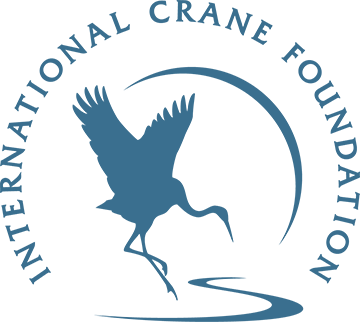I was born in the Midwest and grew up in Chicago. I was fortunate to visit my grandparents at their country homes outside the city and on Lake Geneva, Wisconsin. Later, I attended boarding school on the East Coast, broadening my scope and range. When I was 13, I was invited to Kenya on a safari by an old family friend. This journey, I believe, changed my life forever. The wild beauty of Africa left an everlasting impression on me.
After graduating high school, I chose to study abroad in the center of Europe. I attended an American College in Lugano, Switzerland called Franklin. Here, I obtained a global perspective and a respect for people’s interdependence. After a few years of traveling across Europe, I returned home to continue my studies on the West Coast. I attended Pepperdine University, graduating with an interdisciplinary Communications major specializing in International Studies.
I continued to educate myself through reading and travel. Art and history became my favorite subjects. I found music and cuisine to be the hallmarks of the local living of the people I visited. Gradually, the draw of the cities was replaced by a lure towards nature and the countryside. Ultimately, I have been fortunate to visit over 50 countries and 30 states in the U.S. Our impact on nature was seen wherever I went, even under the sea while scuba diving.
The superimposing of the man-made world over the natural world has gradually exposed the shortsightedness of this historical practice. In man’s subjugation of nature, he has rapidly caused an imbalance that only now, at the 11th hour, has he become aware. We are part of the natural world and cannot live without it, though we are not essential to it. The plight of the world’s flora and fauna and our future coexistence with nature has come to a critical crossroads. Something must be done on a global scale.
The International Crane Foundation has been a guiding light for decades, bringing attention to the interrelation of the human world and the natural world’s interrelation. It has highlighted the stark contrast between national sovereignty, with its self-centered focus, and the natural world, which knows no national boundaries. It has striven for global cooperation to respect and sustain the habitats and migrations of cranes through education and goodwill. I value its lessons and history as exemplary in this field of endeavor.
I have learned much from Dr George Archibald, whose tireless efforts and unceasing optimism are inspirational to all who know him. He has shown me the Black-necked Cranes of Bhutan, the Red-crowned Cranes of Japan, the Whooping Cranes of Louisiana, and the Sandhill Cranes in Michigan. I am smitten with these amazing, sacred birds. I would love to see every species in their natural habitat. More importantly, I would like to continue to support the Foundation’s excellent work as my grandfather and father have before me. I am drawn by its focus on a single family of birds with just 15 species and its efforts on a global scale.
